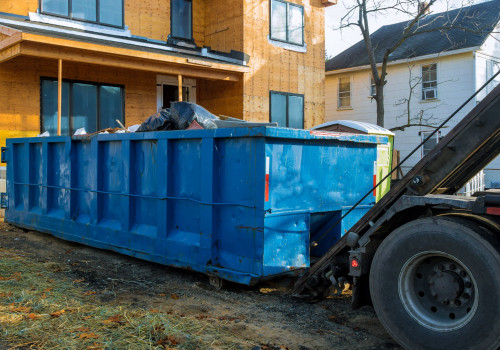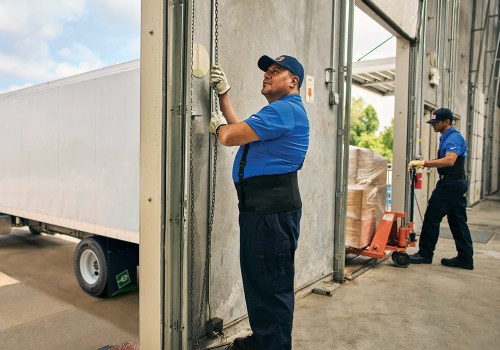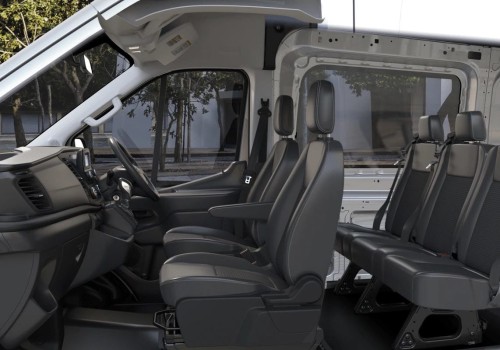Whether you're planning a big move, tackling a home renovation project, or transporting equipment for your small business, renting a truck can be one of the most practical and cost-effective decisions you make. But while the idea sounds straightforward—pick a truck, load your stuff, and drive—it’s the details that can either make your experience a breeze or a headache. From choosing the right truck size and rental terms to understanding insurance, mileage, and fuel policies, the process requires some planning to avoid stress and unexpected costs. Fortunately, the modern truck rental industry is designed with user-friendliness in mind, offering flexible options and tools that empower customers to take control of their logistics. With the right approach, you can enjoy a seamless experience that saves both time and money while giving you full command over your moving or hauling job.
Choosing the Right Truck for the Job
One of the first steps in a smooth rental experience is selecting the appropriate truck for your needs. If you're moving from a small apartment, a cargo van or 10-foot truck might suffice. For multi-room households, you’ll likely need something larger—like a 15- to 26-foot box truck—to handle furniture, appliances, and packed boxes in fewer trips. For hauling construction materials, landscaping tools, or equipment, a flatbed or pickup truck might be the better option. The key is not to underestimate the size of your load; choosing a slightly larger truck than you think you need can reduce the number of trips and ensure you don’t run out of space mid-job. Most rental companies offer online calculators or customer support to help match your needs with the correct vehicle, making it easy to plan effectively.
Booking and Pickup: What to Expect
Once you've chosen your truck, the booking process is generally simple and can be completed online or over the phone. You’ll need a valid driver’s license, a credit card, and often a minimum age requirement—typically 21 or 25 years old depending on the provider. Some companies offer hourly rates for short hauls or full-day and multi-day packages for longer jobs. On the day of pickup, expect to do a quick inspection of the truck with the rental agent, noting any existing damage and reviewing fuel and mileage policies. It’s a good idea to take photos of the truck's exterior for your records. Be sure to ask how tolls, fuel charges, and insurance coverage are handled so there are no surprises upon return.
Loading Tips for Safety and Efficiency
Efficient loading is essential for a hassle-free experience. Start by placing heavy items like appliances and furniture toward the front of the truck to balance weight and reduce shifting during transit. Use tie-downs, straps, and blankets to protect fragile items and keep everything in place. Disassemble bulky furniture where possible, and stack boxes strategically to maximize space while maintaining visibility. If you're moving over a long distance or during busy hours, make sure you have a route planned in advance, including stops for fuel and rest. Many rental trucks have lower-than-average clearance, so take care when driving under bridges or parking structures.
Rental Return and Cleanup
When returning your rental, ensure the truck is in good condition, clean, and refueled according to your agreement. Rental companies may charge fees for unclean interiors, missing fuel, or mileage overages. A quick sweep-out of the cargo area and a receipt from a nearby gas station can go a long way in avoiding extra charges. If you rented additional items like dollies, furniture pads, or moving boxes, be sure they are returned as well. A timely return keeps you in good standing with the rental company and may qualify you for future discounts or loyalty perks.
Integrated Services for Bigger Projects
For large-scale cleanouts or construction-related hauling, truck rentals often pair well with other services such as roll-off dumpster rental in Dayton, Ohio. Whether you’re decluttering before a move or managing debris from a renovation, having a dumpster on-site allows for easy disposal of bulk materials while your rental truck handles the transportation of valuable items. This dual solution is especially beneficial for contractors, DIYers, and homeowners taking on complex projects, as it streamlines logistics and keeps the job site organized.
Conclusion: Smooth Moves Start with Smart Planning
Renting a truck doesn’t have to be a stressful ordeal. With clear planning, smart packing, and the right rental partner, it can be one of the simplest ways to take control of your move, project, or business delivery. From selecting the right vehicle to leveraging additional services like dump bins and equipment rentals, every step can be tailored to fit your timeline and budget. Truck rental gives you freedom, flexibility, and confidence—putting the power of logistics directly in your hands. So the next time you're faced with a big move or heavy haul, remember: with the right preparation, truck rental can be the easiest part of your entire project.




